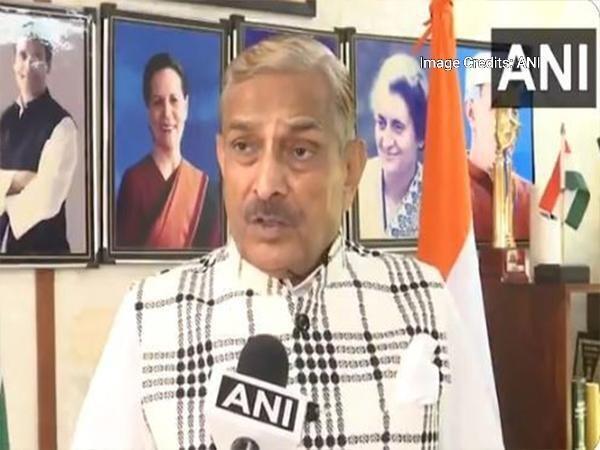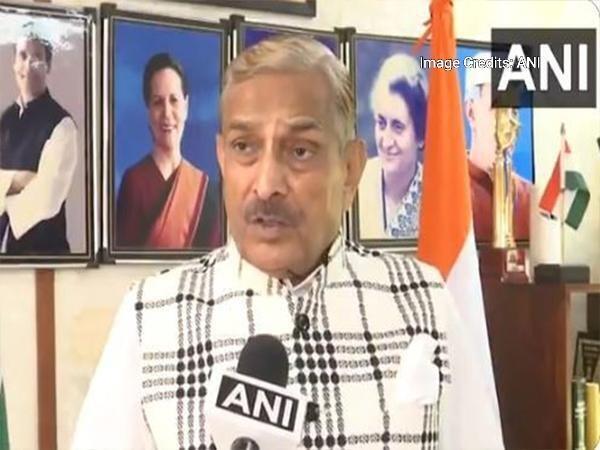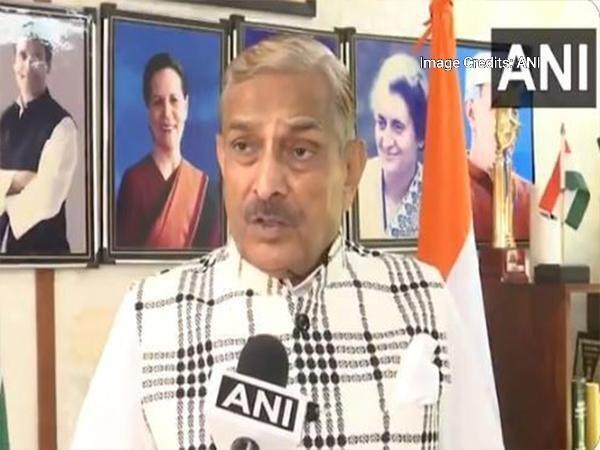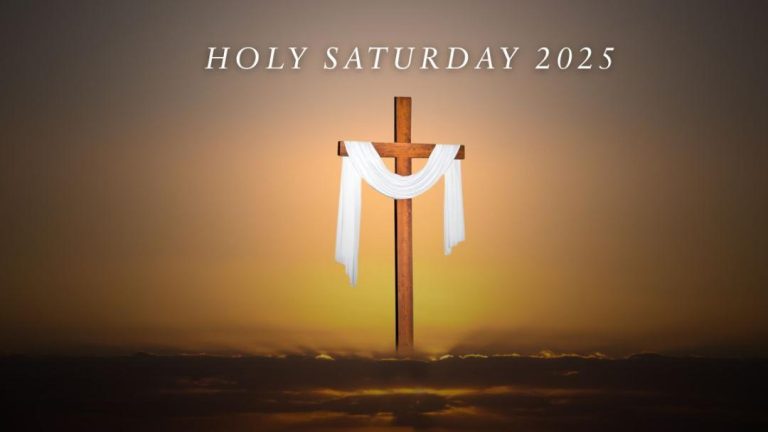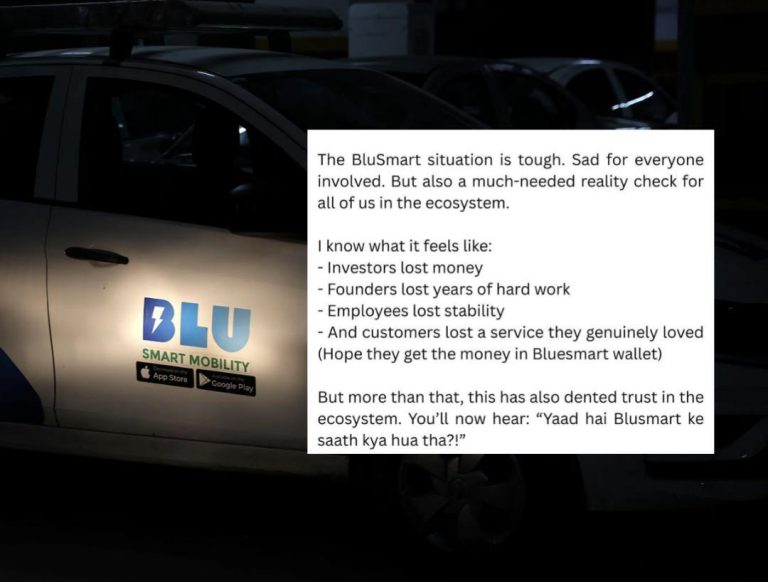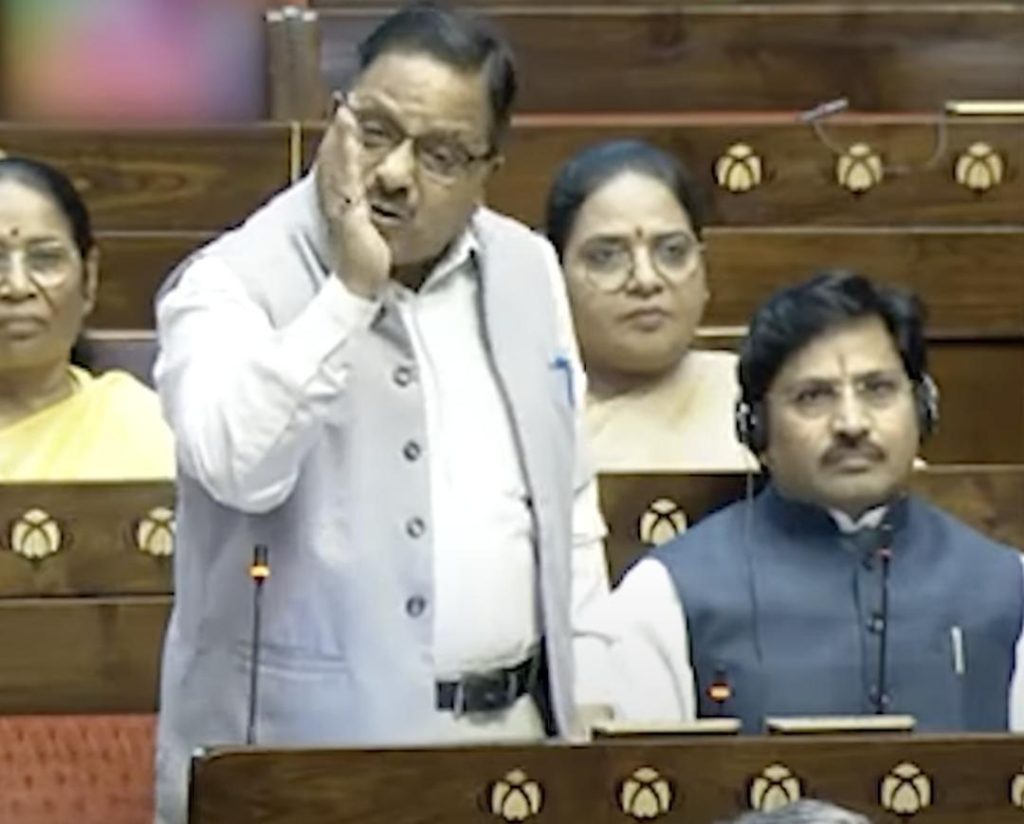
Title: Should I read Quran and tell you what’s written in it: BJP MP Radha Mohan Das on Waqf Bill
The Waqf Bill, a contentious piece of legislation aimed at reforming the management of religious endowments, has sparked heated debates in the Indian parliament. During a recent discussion on the bill, BJP MP Radha Mohan Das made a provocative comment that has sent shockwaves across the country. In a seemingly innocuous remark, Das asked if he should read the Quran and tell the parliament what is written in it. But beneath the surface, his statement revealed a deeper understanding of the bill and the institution it seeks to regulate.
The Waqf Bill, also known as the Waqf (Amendment) Bill, 2019, seeks to amend the Wakf Act of 1954, which governs the management of waqf properties in India. The bill aims to improve transparency, accountability, and efficiency in the management of these properties, which are primarily used for religious and charitable purposes. However, the bill has faced opposition from various quarters, including the opposition parties and some religious groups.
Das’s comment was made during a heated debate on the bill in the Lok Sabha, where he was questioning the management of the Waqf Board, which is responsible for managing waqf properties. He pointed out that the Quran, the holy book of Islam, emphasizes the importance of written records in financial transactions. “The Quran says that even if one rupee is given to anyone, there should be a written record…And you say you have so many properties without a record,” he said, addressing the Waqf Board.
Das’s statement was met with outrage from some sections of the opposition, who accused him of disrespecting the Quran and Islam. However, a closer examination of his comment reveals that Das was actually highlighting the inconsistencies in the Waqf Board’s management practices. By quoting the Quran, Das was emphasizing the importance of transparency and accountability in financial transactions, which is a key aspect of the Waqf Bill.
In fact, the Quran does emphasize the importance of written records in financial transactions. In Surah Al-Baqarah, Verse 282, the Quran states, “O ye who believe! When ye contract a debt for a fixed term, write it down…” This verse is often cited by Islamic scholars to emphasize the importance of written records in financial transactions.
Das’s comment was also a clever way of pointing out the hypocrisy of the Waqf Board. While the board is responsible for managing waqf properties worth hundreds of crores, it has been accused of lacking transparency and accountability in its financial dealings. The board’s management practices have been criticized for being opaque, with some even accusing it of misusing waqf funds.
In this context, Das’s comment was a clever way of highlighting the need for transparency and accountability in the management of waqf properties. By quoting the Quran, Das was emphasizing the importance of following Islamic principles in financial transactions, and by pointing out the inconsistencies in the Waqf Board’s management practices, he was highlighting the need for reform.
Despite the controversy surrounding his comment, Das’s statement was a clever way of highlighting the need for transparency and accountability in the management of waqf properties. By quoting the Quran, Das was emphasizing the importance of following Islamic principles in financial transactions, and by pointing out the inconsistencies in the Waqf Board’s management practices, he was highlighting the need for reform.
In conclusion, the comment made by BJP MP Radha Mohan Das during the discussion on the Waqf Bill was a clever way of highlighting the need for transparency and accountability in the management of waqf properties. By quoting the Quran, Das was emphasizing the importance of following Islamic principles in financial transactions, and by pointing out the inconsistencies in the Waqf Board’s management practices, he was highlighting the need for reform.
The Waqf Bill, which aims to improve transparency, accountability, and efficiency in the management of waqf properties, is a welcome step towards reforming the institution. However, it is important that the bill is passed with the necessary safeguards to ensure that waqf properties are managed in a transparent and accountable manner.
As the debate on the Waqf Bill continues, it is important that we keep in mind the importance of transparency and accountability in the management of waqf properties. By following Islamic principles and ensuring that waqf properties are managed in a transparent and accountable manner, we can ensure that these institutions continue to serve their intended purpose.
News Source: https://www.youtube.com/watch
